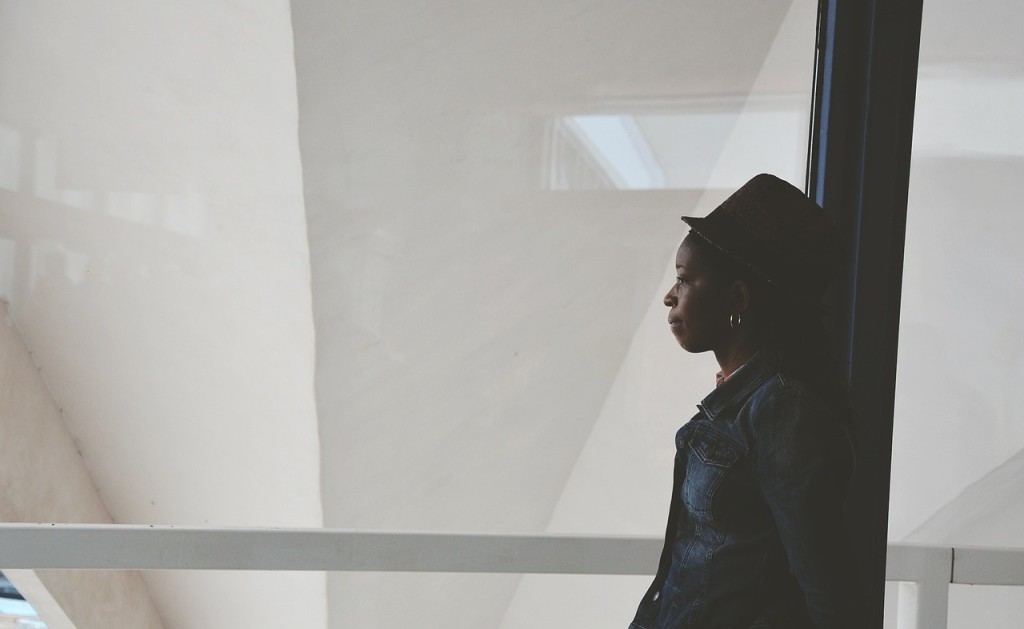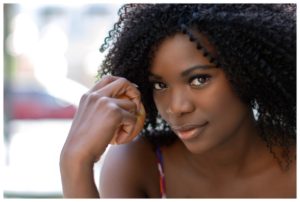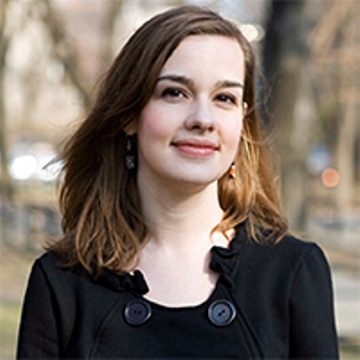- Calls to this hotline are currently being directed to Within Health, Fay or Eating Disorder Solutions
- Representatives are standing by 24/7 to help answer your questions
- All calls are confidential and HIPAA compliant
- There is no obligation or cost to call
- Eating Disorder Hope does not receive any commissions or fees dependent upon which provider you select
- Additional treatment providers are located on our directory or samhsa.gov
Eating Disorders are Color Blind: Listening, Correcting Imbalances, and Offering Hope – Part I

This is Part 1 of this 5-part series where Chief Executive Officer of the National Eating Disorders Association (NEDA), Claire Mysko, is speaking with Dr. Mazella Fuller and Karla Mosley on their individual experiences as African-American women in the eating disorder community and how Eating Disorders are Color Blind.
Claire: I am looking forward to an engaging presentation from our panelists and answering some questions but would like to start with an introduction to the National Eating Disorders Association, an organization committed to bringing attention to eating disorders and how they affect all people.
Our organization is often confronted with so many myths and misconceptions about who, as in what kind of people, struggle with eating disorders, so, it is an incredibly important topic to discuss. This especially provides us the opportunity to bring attention to the need for sensitivity among eating disorder providers and considering how we overcome barriers to treatment.
These barriers are particularly troublesome for the African-American community, who face many unique challenges in eating disorder symptomatology and accessing treatment. In this panel, we will be focused on these challenges with two panelists, Dr. Mazella Fuller, and Karla Mosley.
Dr. Fuller: Thank you, to Clare and to Eating Disorder Hope for the opportunity to be on this panel and participate in this important discussion. I started this work with excitement, and I still have excitement for it today.
I started working in this field in 1997 on strategic goals to support highly ambitious, bold, and intelligent women in leadership with their challenges to flourish and thrive in a college setting. I started seeing clients in my clinical practice struggling with perfectionism, loss of agency, competition, criticism, all of those things that have an impact on women’s development.
Claire: Wonderful, thank you, Dr. Fuller. Karla is our other panelist and, as we discuss the misconceptions around eating disorders and who struggles, how did this affect you personally in your journey and how did it affect your decision to seek help?
Karla: Thank you, Claire. I believe I was pretty lucky to be open to the possibility of recovery once I had a name for what I was going through. However, what I did notice, is that I was really alone and I was often the only brown face in the room.

I would see people come in and quickly leave because they didn’t feel they could relate to other people in recovery.
This disease is already isolating and gives, for many people who suffer from it, the feeling that we are alone or unique or no one feels the way that we do.
Then, to enter a treatment setting hoping to find common ground to be met with feeling more alienated and feeling more alone, being the only brown face in the room, having no practitioners who look like you or have cultural experiences like you is certainly a barrier to wanting to continue toward recovery.
Claire: Thank you and, Dr. Fuller, I’d love for you to chime in here from a clinician perspective, what other barriers have you seen in your practice and in your work that prevents black women and men from reaching out for help and accessing care?
Dr. Fuller: I would support what Karla is saying. That is one reason I went into practice, as, in 1997, it was very slim pickings’ as far as there being providers of color.
Specifically, black women, say they won’t enter or do not want to come into therapy, and it is not because they don’t feel people are competent or caring, but because they feel they still may not understand the complications and nuances experienced by black women.
Historically, in this country, we do have to be competent and deal with implicit bias and cultural competence around the fact that black women bring unique circumstances into mental health and their lives and therapy because of the historical impacts on blacks in America.

Within the United States, black people have different experiences, because of slavery and because of oppressive forces.
We can see this in the cultural nuances around food, size, shape, food insecurity, looking at food deserts, wealth, living in enclaves that are mostly the dominant culture and having to navigate boarding school or a suburban school and being the only black woman.
All of it is very complicated, but those are a lot of the clinical issues with which I work.
Claire: Thank you. Karla, does that experience resonate with you as far as some of those unique stressors and experiences?
Karla: Definitely. I would even say, as Dr. Fuller was saying, that within our own community, there are a whole other host of issues whether it is in feeling alone having a darker skin color, having darker skin or lighter skin, different socioeconomic backgrounds within the black community, all of those can result in further isolation.
Please See:
Eating Disorders are Color Blind: Listening, Correcting Imbalances, and Offering Hope – Part 2
Eating Disorders are Color Blind: Listening, Correcting Imbalances, and Offering Hope – Part 3
Source:
Virtual Presentation by Claire Mysko, MA, Karla Mosley, and Dr. Mazella Fuller in the December 8, 2018, Eating Disorder Hope Virtual Conference III: Blasting Through Bias: A Deep Dive into Underserved Populations and Global Issues 2018
Please visit the Virtual Conference page for other presentations.
Authors:

Claire Mysko, MA is the Chief Executive Officer of the National Eating Disorders Association (NEDA) and an internationally recognized expert on eating disorders, body image, and media literacy. She is the author of Does This Pregnancy Make Me Look Fat? The Essential Guide to Loving Your Body Before and After Baby (2009) and You’re Amazing! A No-Pressure Guide to Being Your Best Self (2008) an award-winning self-esteem manual for girls.
Mysko previously served as NEDA’s Chief Operating Officer, Director of Programs, and as a consultant on Proud2Bme and Proud2BMe On Campus, NEDA’s youth platforms. Prior to joining NEDA, she served as the director of the American Anorexia Bulimia Association and spearheaded the development of pioneering online communities at Girls Inc. and SmartGirl.
During her tenure at NEDA, Mysko has overseen a rapid expansion in both reach and programs, including the implementation of an evidence-based eating disorders prevention program in New York City schools, initiatives to bust prevailing myths about eating disorders, and the cultivation of key relationships with companies including Aerie, Crisis Text Line, Facebook, Instagram, and Pinterest. Learn More About Claire Mysko
Karla Mosley – Bio not provided
Dr. Mazella Fuller – Bio not provided
 About the Transcript Editor: Margot Rittenhouse, MS, NCC, PLPC is a therapist who is passionate about providing mental health support to all in need and has worked with clients with substance abuse issues, eating disorders, domestic violence victims, and offenders, and severely mentally ill youth.
About the Transcript Editor: Margot Rittenhouse, MS, NCC, PLPC is a therapist who is passionate about providing mental health support to all in need and has worked with clients with substance abuse issues, eating disorders, domestic violence victims, and offenders, and severely mentally ill youth.
As a freelance writer for Eating Disorder and Addiction Hope and a mentor with MentorConnect, Margot is a passionate eating disorder advocate, committed to de-stigmatizing these illnesses while showing support for those struggling through mentoring, writing, and volunteering. Margot has a Master’s of Science in Clinical Mental Health Counseling from Johns Hopkins University.
The opinions and views of our guest contributors are shared to provide a broad perspective of eating disorders. These are not necessarily the views of Eating Disorder Hope, but an effort to offer a discussion of various issues by different concerned individuals.
We at Eating Disorder Hope understand that eating disorders result from a combination of environmental and genetic factors. If you or a loved one are suffering from an eating disorder, please know that there is hope for you, and seek immediate professional help.
Published on March 11, 2019.
Reviewed & Approved on March 11, 2019, by Jacquelyn Ekern MS, LPC
Published on EatingDisorderHope.com

The EatingDisorderHope.com editorial team comprises experienced writers, editors, and medical reviewers specializing in eating disorders, treatment, and mental and behavioral health.

